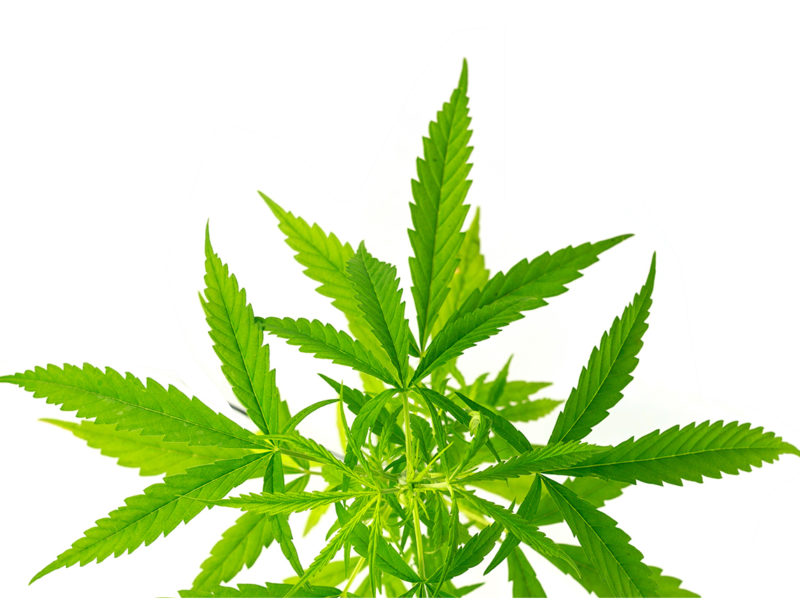LANGLEY – A year after their crop was legalized for recreational use, cannabis growers in BC are facing a challenge familiar to other agricultural sectors – greater regulation.
Both municipalities and neighbours are calling on the province to adopt legislation consistent with federal regulations requiring cannabis producers to have systems that “prevent the escape of odours.”
Lake Country put forward a resolution to that effect at the Union of BC Municipalities’ annual meeting in Vancouver at the end of September. A petition has also been launched on StoptheSmell.ca asking the Agricultural Land Commission to intervene with the same goal.
The petition is the initiative of John Cameron and other neighbours of the massive Canopy Growth Corp. greenhouse in Aldergrove. Cameron set up a Facebook page in August to voice his concerns and rally support after what the group calls “the summer of stink” in Delta, Langley, Maple Ridge and Abbotsford. The petition, launched in September, asks Premier John Horgan to intervene, noting that the Agricultural Land Commission seems happy to regulate other forms of construction while turning a blind eye to cannabis facilities.
“The ALC seems to have plenty of time to enforce building rules, fill applications, farmland uses, mobile home applications and other rules – it’s time they enforce this one,” says a form letter on the site.
ALC compliance and enforcement staff are limited to enforcing the commission’s own regulations, however, not federal law. Regardless, Cameron says cannabis farms need to be good neighbours.
“The solution is as simple as this,” he says. “Show respect for the neighbours and contain the smell; they were here first.”
The initiative parallels a move by Metro Vancouver to regulate emissions of volatile organic compounds (VOCs) from cannabis facilities. A discussion paper Metro Vancouver released in the run-up to a public consultation that ended
October 31 claimed VOCs from cannabis “may contribute to the formation of harmful ground-level ozone and fine particulate matter through reactions with other substances and sunlight in the lower atmosphere.”
“Cannabis production has the potential to cause negative air quality impacts if emissions are not adequately controlled,” a discussion paper regarding the regulation states.
While the smell of cannabis bothers some neighbours, Esther Bérubé, division manager for air quality bylaw and regulation development with Metro Vancouver, says the health impacts of the emissions is what concerns the regional district.
It inventories emissions in the region every five years to determine which, if any, to regulate in accordance with its powers under the province’s Environmental Management Act.
The discussion paper cites research that says cannabis produces 57 grams of VOCs per kilogram of plant tissue each year, versus 1.5 grams per kilogram of tomatoes. But when greenhouses shift from vegetable production to cannabis, they often aren’t retrofitted to mitigate emissions. Metro Vancouver estimates cannabis production could emit 870 tonnes of VOCs a year, versus
less than 200 tonnes by the rest of the agriculture sector.
However, the BC Agriculture Council notes that cannabis is a permitted farm use and farms of any sort will generate some level of odour. It objects to measures that would introduce regulations for cannabis that could be extended to other types of production.
BCAC recommends that complaints regarding odour be taken to the BC Farm Industry Review Board, the tribunal appointed to deal with complaints regarding farm practices.
Bérubé points out that the province’s Environmental Management Act trumps the provisions of the Farm Practices Act.
“So, basically, they cannot be in contravention of Metro Vancouver’s requirements,” she says.
Bérubé says feedback gathered during the consultation will be the foundation of a report that goes before directors of the regional district early in the new year. She expects a second round of consultation will follow prior to the regulation coming before directors for a vote.


 Giant hornets headline beekeepers’ concerns
Giant hornets headline beekeepers’ concerns